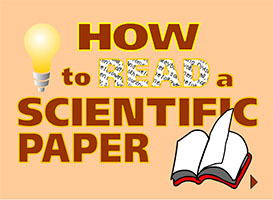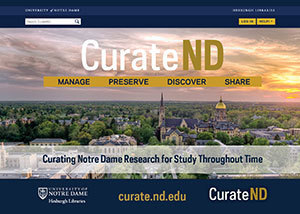

Hesburgh Library
142 Hesburgh Library
University of Notre Dame
Notre Dame, IN 46556
(574) 631-5070
wbaer@nd.edu
Journal and conference articles are the primary venue engineers use to disseminate scholarly research. Although no one database provides a master list to all of this literature, each of the following databases indexes a key segment of STEM literature. The top few listed are likely to be of use to any engineering research topic. Others may be of interest for only specific topics. Many of the articles can be accessed electronically, usually by following the FindText link. Items not owned by the library can be ordered through Inter-Library Loan (ILL).
Understanding how scholarly articles are organized helps make it easier to understand them. Here are some tips for reading scientific articles:

Engineers use books in various ways. Handbooks and encyclopedias provide background information but are also tools to find equations, material properties, and other valuable pieces of information needed by engineers to succeed. Books are especially important in a college setting. Alternative textbooks can provide another perspective for students struggling to learn a new principle. Other books can provide overviews to aid in learning. Search in the ND Catalog for the books owned by the library, even the ebooks. Note that some books on engineering topics may be located in the main library or the Chemistry/Physics Library.
Government sponsored research is critical for the advancement of science and technology. Engineers use technical reports in a manner similar to journal articles. Patents and trademarks are also important to engineers.
Standards are used heavily by engineers. They specify characteristics and properties of certain processes or products which may be required to satisfy contracts or grants or just to make sure your project will interact.
These resources will help you find unpublished theses and dissertations, which present an author's research and findings as part of their degree candidacy or professional qualification. Many institutions no longer submit their theses and dissertations to ProQuest. You can usually access theses and dissertations at the institutional repository of the university from which the degree was awarded (e.g. CurateND). These institutional repositories are usually associated with the colleges libraries.
